LESSON OVERVIEW
In this lesson students learn verb-noun collocations related to searching and sharing information online, compare how information exchange is different now than it was 20 year ago, and watch a video about libraries.
WARM-UP & VIDEO
The lesson starts with a warm-up activity in which students decide whether certain digital resources (e.g. news websites, audiobooks, Wikipedia articles) are read, listened to or watched. Then, students discuss which of the resources they use most often and what kind of information people look for using the resources. They also talk about how people searched for that kind of information twenty years ago and earlier. After that, students watch a video in which speakers reminisce about their hometown libraries. During the first viewing, students have to choose a statement which best describes what the speakers think. Before the second viewing, students complete gaps in six sentences taken from the video. The words they can use include access, develop, apply, etc. Then, they watch the video for the second time and check their answers. This part of the lesson ends with a discussion on libraries. Students share some memories about their local libraries and discuss if libraries are still important or if they should be closed.
VERB-NOUN COLLOCATIONS & PRACTICE
This part of the lesson starts with a multiple choice exercise. Students decide which of four nouns and phrases from a set does not collocate with the given verb (e.g. download an app, google a word, go online). They also familiarise themselves with the difference between Google (a search engine) and google (a verb). After that students decide which of the verb-noun collocations from the previous exercise can be used in five situations (e.g. check weather forecast – download an app). They also have to explain how the activities described by the collocations can be useful in these situations. Finally, students read three short stories and change them into online stories. To do the task, they need to use collocations from the previous exercise, as well as their own ideas. This activity can be turned into a challenge wherein the pair or group who makes most changes wins. It could also be used as revision.
WORKSHEETS
Subscribe to unlock these and many other Standalone lesson with the Premium plan
Subscribe
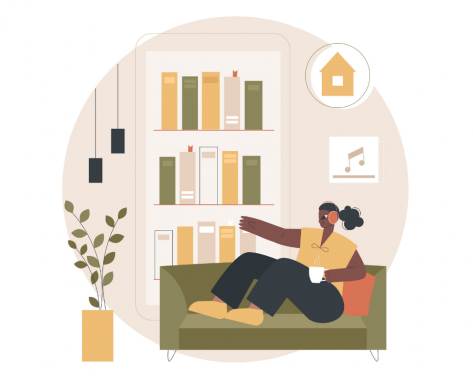
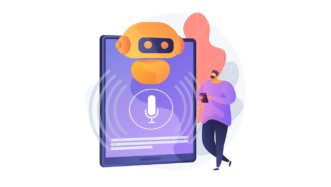
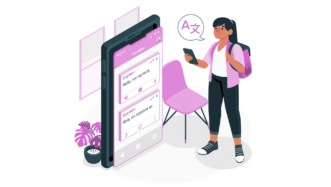
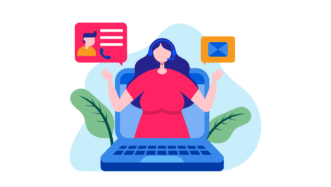
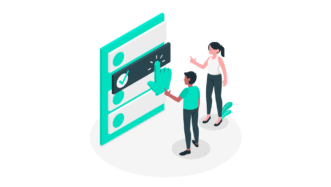
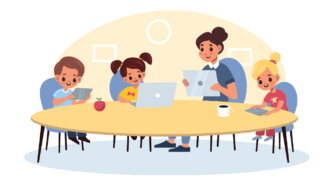
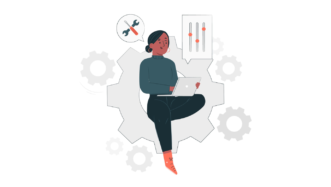
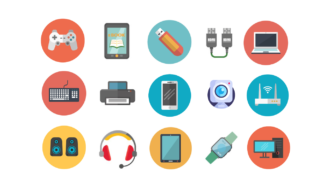



Thanks Ewa. A great lesson, perfect for practicing common internet vocabulary. Keep up the good work!
Thanks, I’m glad you found the lesson useful 🙂
Great, thank you!
Thanks, Emily 🙂